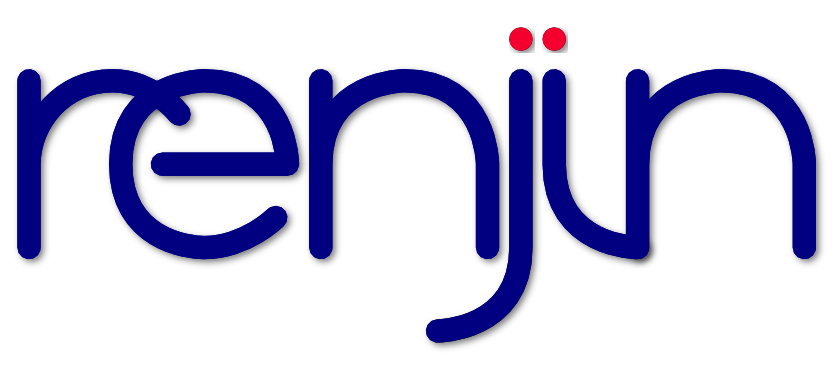CRAN
miic 1.0.3
Learning Causal or Non-Causal Graphical Models Using Information Theory
Released Feb 2, 2018 by Nadir Sella
Dependencies
bnlearn 4.3 ppcor 1.1 MASS 7.3-48 igraph 1.1.2 Rcpp
We report an information-theoretic method which learns a large class of causal or non-causal graphical models from purely observational data, while including the effects of unobserved latent variables, commonly found in many datasets. Starting from a complete graph, the method iteratively removes dispensable edges, by uncovering significant information contributions from indirect paths, and assesses edge-specific confidences from randomization of available data. The remaining edges are then oriented based on the signature of causality in observational data. This approach can be applied on a wide range of datasets and provide new biological insights on regulatory networks from single cell expression data, genomic alterations during tumor development and co-evolving residues in protein structures. For more information you can refer to: Verny et al. Plos Comput Biol. (2017)
Installation
Maven
This package can be included as a dependency from a Java or Scala project by including
the following your project's pom.xml file.
Read more
about embedding Renjin in JVM-based projects.
<dependencies>
<dependency>
<groupId>org.renjin.cran</groupId>
<artifactId>miic</artifactId>
<version>1.0.3-b1</version>
</dependency>
</dependencies>
<repositories>
<repository>
<id>bedatadriven</id>
<name>bedatadriven public repo</name>
<url>https://nexus.bedatadriven.com/content/groups/public/</url>
</repository>
</repositories>
Renjin CLI
If you're using Renjin from the command line, you load this library by invoking:
library('org.renjin.cran:miic')
Test Results
This package was last tested against Renjin 0.9.2593 on Feb 4, 2018.
